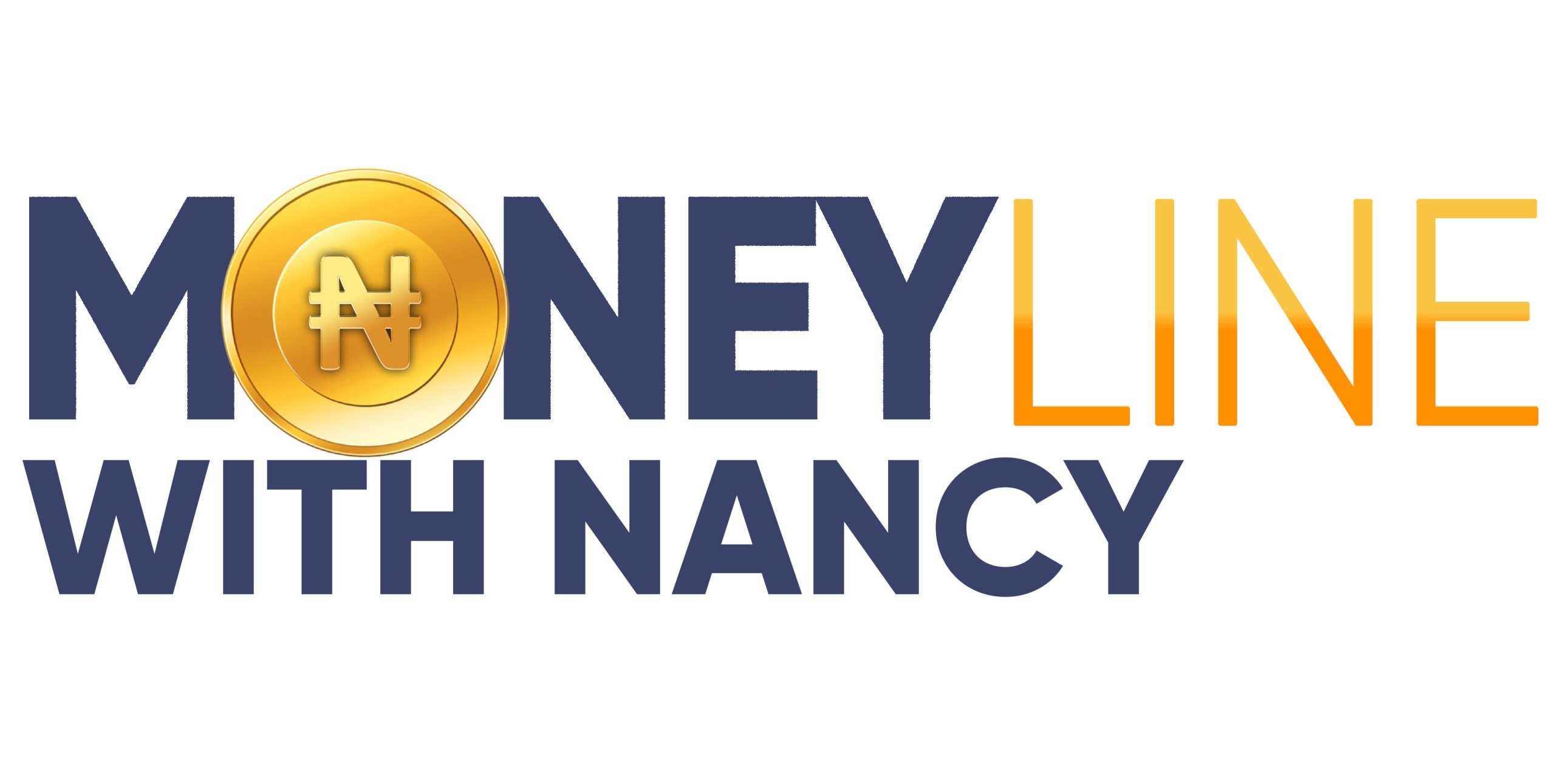Lagos, Nigeria – A recent fuel price increase has sent everyone talking in this whole country, with most Nigerians raising further apprehension over the economic consequence of the increase. With an already high inflation rate that jacks up the cost of living, the latest adjustment of the pump price of fuel is what families and businesses alike have been made to bear.
The increase has jacked up transportation fares and put more strain on the meager earnings of low-income earners who depend heavily on public transportation. It means commuters are dipping deeper into their pockets to afford the rise in costs for their journeys to and from work-a situation many describe as an insurmountable challenge toward affording basic necessities. “I can barely manage my expenses as it is; this increase is just too much,” lamented one Lagos commuter.
SMEs have been the most vocal about the impacts their operations are bearing. With many business owners raising prices of goods and services, they worry this may turn off customers and hurt livelihoods. “We are between a rock and a hard place,” said a small business owner. “We need to keep our prices competitive, but we can’t absorb these fuel costs indefinitely.
Consequently, there have been protests in response to this crisis, calling the government to intervene. Most Nigerians have called upon the officials to regulate the prices of fuels, increasing their capacity to refine the product domestically and minimizing the level of dependence on imported fuel. “We demand accountability and transparency in the oil sector,” one activist has said. “The government should take action against these kinds of economic shocks that hit its citizens.
Indeed, while there is a lot of frustration, some do understand the various complications with fuel subsidy removal and so also call for necessary economic reforms that would eventually lead to benefits like improved infrastructure and social services. Yet, there is plenty of skepticism regarding the government’s putting into practice all these promised changes.
As the situation develops, the greater number of Nigerians protest over the hike in fuel price and the effect it would have on their daily living. While many say that the weight of this latest increase in fuel price has left them gasping, a clarion call has gone to the government from all and sundry for immediate intervention to curtail the financial burden on the populace and re-stabilize the economy of the country.
